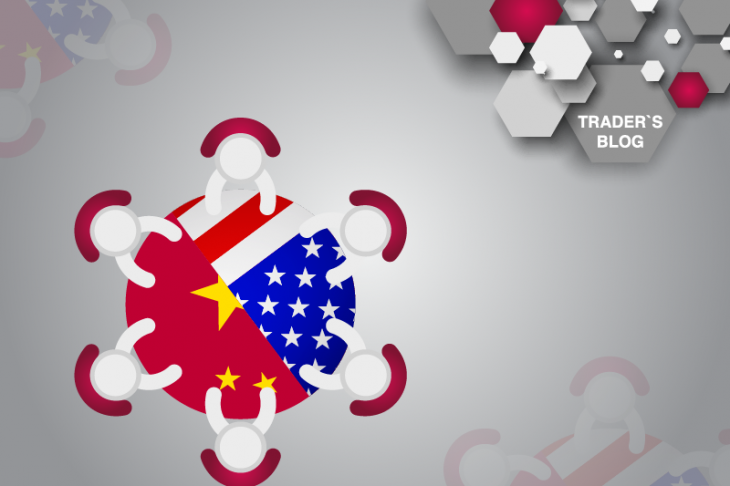
US and China return to the negotiating table
A meeting of the leaders of the US Trump and China Jinping was held according to the results of the G20 summit in Japan. The meeting was one of the most significant results of this summit. At the summit, two leaders of the world’s largest economies agreed on a new round of trade negotiations. And, most importantly, agreed to postpone the new trade duties.
So, the trade war was without trade negotiations for 6 weeks. The United States expected a new round of trade duties for $ 300 billion. Also, with the introduction of new duties, the possibility of increasing pressure on the technology giant Huawei was not excluded. The issue was put on hold at the time of the trade negotiations.
China’s position on trade war wasn’t soft either. It is worth to note that China was less restrained in statements and actions regarding the United States. For example, China’s important statement about intention to limit the sale of rare earth minerals. To a large extent, this could affect the global technological giants.
Factors contributing to the new negotiations
In addition to the actual depletion of existing methods of conducting a trade war and the growth of obvious losses that have begun to exceed the potential goals of the war, it is worth to note several less obvious facts.
- So, for example, internal dissatisfaction with Trump’s foreign policy reached a critical size. The administration of the Trump since the beginning of the trade war remains under criticism of large American technology companies and not only, whose dissatisfaction increased in direct proportion to the tension of the trade opposition.
- The second significant factor in favor of new trade negotiations was the lack of clear results. As in any military conflict, if the current strategy does not bring results, you need to change the approach to the problem. A new approach has become trade negotiations in the trade war.
- Finally, it is worth noting the imminent US presidential elections in November 2020. And if Trump wants to be re-elected for a second term – he needs to reduce the level of discontent regarding his candidacy. This can not be implemented with criticism from large technology corporations.
Against the background of the above, the G20 Summit was a convenient excuse for revising the tactics of the US-Chinese trade war. It is worth noting that there are no specific deadlines for concluding trade agreements. Or even hints and dates of meetings on this issue.
The only fact of the weakening of the trade war was the postponement of the new duties and the reduction of pressure on the technological sector of China.
Anton Hanzenko